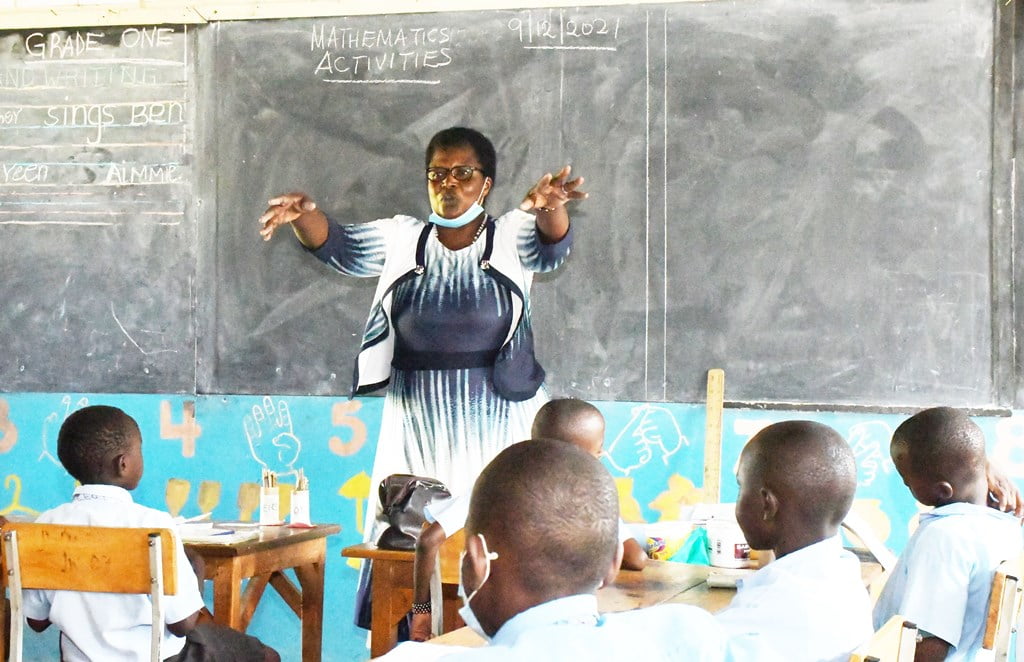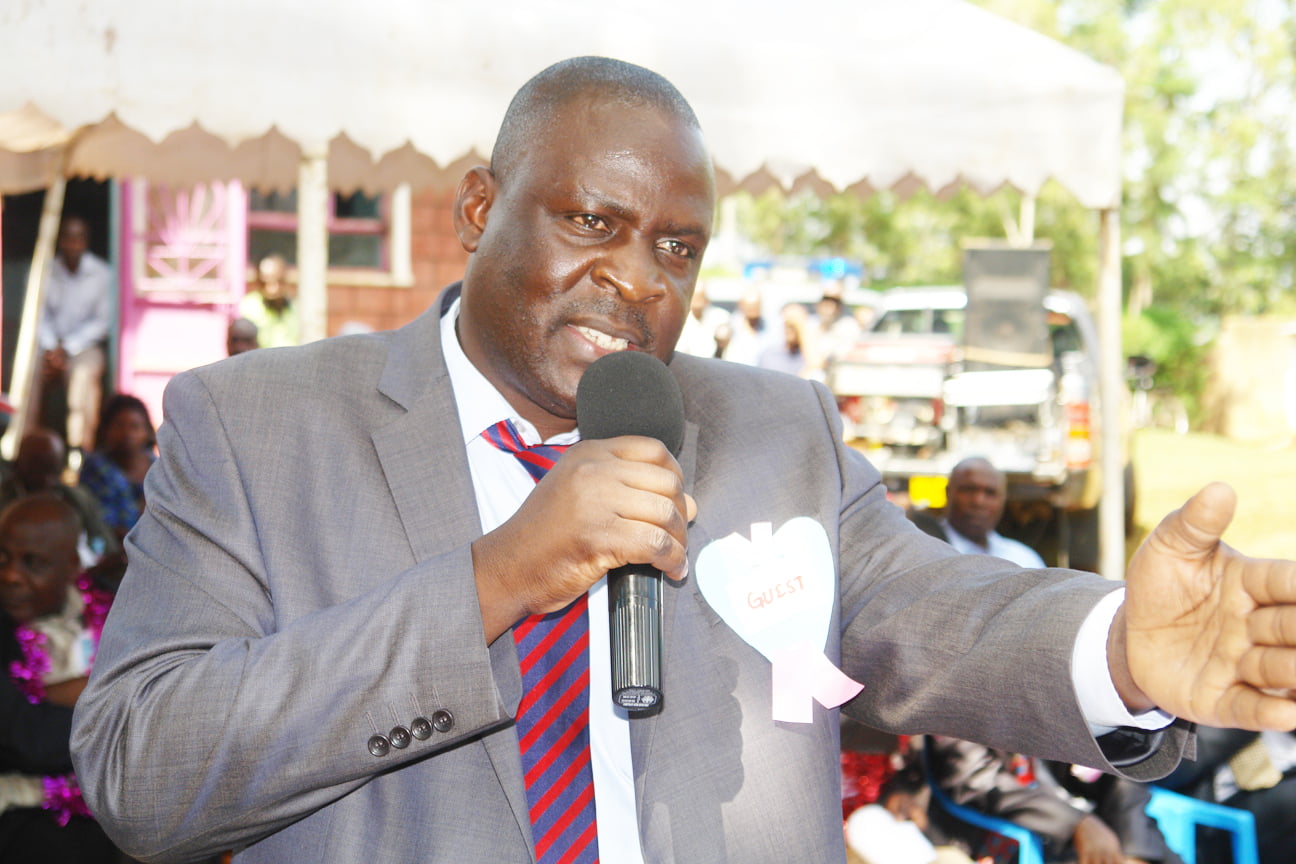By Amoto Ndiewo
A study by researchers at Hospital Del Medical Research Institute links psychological trauma in childhood with increased risk of developing mental disorder in adulthood.
The findings reveal that there is a direct link between suffering psychological trauma at paediatric age and risk of developing a mental pathology later in life.
The lead author of the study and a researcher in the Mental Health Research Group at IMIM –Hospital Del Medical and the CIBER on Mental Health (CIBERSAM), Dr Benedict Amman said that psychological trauma is a risk factor for suffering a mental disorder later on.
Childhood trauma are triggered by emotional, physical and sexual abuse, as well as emotional or physical neglect, severe illness requiring surgery and long hospitalization, bullying, witnessing domestic violence, refugee trauma, and experiencing large scale natural disasters.
“From the research, traumatic experience can initiate a strong emotional and physical reaction that can persist long after the event,” he added.
The report indicates suffering childhood trauma has been strongly linked to depression, substance use disorder, anxiety, eating disorder, and other mental health disorders that are present in adulthood which cause physiological reactions such as heart poundings, vomiting or loss of bowel or bladder control.
Caleb Alembi, a teacher in Garissa, states that the very word childhood draws up images of innocence, joy, optimism and wonder.
He says having stability in knowing you are protected by family allows you to form a solid and safe relationship later in life.
Concerning trauma, Jeff Mwilu, also a teacher from Garissa, says being the ideal definition of childhood, the reality of many childhood experiences and the effect on the rest of their lives is in stark contrast that idealized expectation.
However, childhood trauma chips away a child’s stability and sense of self, undermining self-worth and often staying with the child into adulthood.
The trauma impacts into adulthood as they experience feelings of shame and guilt. They may have trouble controlling emotions, anxiety, and depression.
The case of complex trauma occurs directly on the child and disrupts their sense of stability and safety. This happens if a child is abused emotionally, physically or sexually or by someone close to them.
“They may see protectors and caregivers through a different filter, thus no longer trusting those individuals to keep them safe or even care about them. Once a child’s sense of identity is fractured, it takes years of work to rebuilt those broken pieces and have them regain trust,” researchers added.
And in case a child is experiencing caretaker or parental abuse, a number of adult attachment disorders can occur.
These include dismissive –avoidant attachment. This form of attachment results when the caregiver ignores or rejects a child’s needs. When that child becomes an adult they may become ultra –independent in order to protect themselves from being rejected again.
They may also experience fearful -avoidant attachment, which happens when a child experiences and is exposed to abuse and neglect. In adulthood, they are often distrustful and have difficulty sharing emotions and may seem disconnected from their partners.
Anxious –preoccupied attachment occurs when they seem clingy or needy as adults and will often require repeated validation in a relationship. They will never entirely feel secure, which stems from a childhood with parents who were not consistent in the emotional security they provided.
Loving the child and then rejecting them repeatedly causes the child to continuously question their place and require on-going validation.






